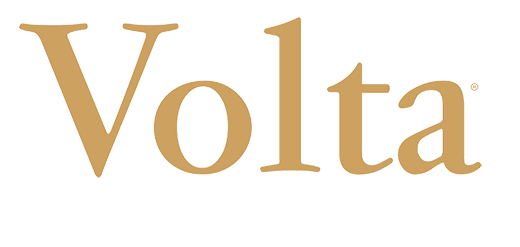The Greek economy’s puzzle of challenges in 2024 – Predictions, Opportunities & Challenges

Despite the severe consequences of the destructive fires and floods in 2023, the year was marked by several positive developments. According to The Economist, Greece recorded the best economic performance at the dawn of 2023. This commendable assessment was based on a composite index that takes into account five criteria: inflation, the increase in the share of consumption of goods and services with a price increase above 2%, changes in Gross Domestic Product (GDP), changes in employment, and the performance of the overall stock market index. However, what are the predictions, opportunities, and challenges for the year we have just welcomed?
Predictions: The predictions for the Greek economy in 2024 appear to be favorable, as the growth rate of Gross Domestic Product is expected to be higher (2.3% compared to 1.3%), and inflation lower (2.8% compared to 3.5%) than the European Union’s average. However, unemployment levels (10.7%) and debt (151.9% of GDP) remain high, and the deficit in the external balance remains elevated (-6.6% of GDP in 2023). In contrast, Spain and Portugal are presenting significant surpluses. The challenge of breaking free from the trap of cheap growth reflects the need to upgrade the country’s productive model, although it is trapped in low-productivity activities.
Opportunities: The recovery of the credit rating after 13 years places the country at a high level, boosting investor confidence and providing a greater sense of security. The formation of a more favorable investment environment and increased outward orientation are two steps that can substantially upgrade the Greek economy. International investment funds are turning towards Greece, investing in advanced technologies, innovative ideas, alternative energy production, and the tourism sector. Resources from the Recovery and Resilience Fund (RRF) support these investments, reinforcing technological upgrades and the green transition. Greece has the opportunity to strengthen its position as a technological hub, evolve its energy balance, and become competitive and outward-looking. There are substantial funds in the country’s account, and it is crucial to absorb every euro we are entitled to. Simultaneously, enhancing the outward orientation of Greek businesses depends mainly on increasing their size. Broadening their size will allow achieving economies of scale and, above all, will enhance the resilience of domestic enterprises in global competition.
Challenges: The challenges facing the Greek (and European) economy in recent years are complex and include geopolitical developments, inflationary pressures, and the impacts of climate change, which remain active and relevant. Firstly, the conflict in Gaza, despite the predicted military response from Hamas on October 7, 2023, does not appear to be ending soon. The leveling of the Gaza Strip is not expected to bring stability to the region or ensure Israel’s security. Furthermore, Europe, due to internal conflicts, seems incapable of taking initiative and is limited to the role of an observer. The war in Ukraine calls into question Europe’s energy security while highlighting the ongoing threat of Russian aggression against peace and democracy. In the recent EU summit, Hungary rejected providing military aid to Ukraine, and the Ukrainian president’s efforts in Washington to garner U.S. support were met with indifference from the Republican majority in the House of Representatives. Nevertheless, the unanimous approval of the leaders of the 26 member states for the start of the accession process for Ukraine to the EU represents a strategic defeat for Putin and brings the discussion on ending the war closer, possibly with territorial losses for Ukraine but with security guarantees against Russia. EU accession represents one of these guarantees. The critical battle for the future of Europe in 2024 will be the U.S. presidential elections scheduled for November 5. The economic prosperity of Western Europe until now has relied on NATO and American defense spending. The potential electoral success of Donald Trump in November suggests that support from the U.S. is not guaranteed. In the near future, securing peace and the inviolability of the borders of European states will require sacrifices, especially economic ones, from Europeans. As achieving EU strategic autonomy remains a distant goal, democracy in Europe is at risk.
In conclusion, the economic policy of the government, characterized as “pro-market” by The Economist, will be judged based on whether it contributes to the upgrading of the country’s development model or, conversely, favors those who benefit from maintaining the outdated model of cheap development (which has already led the country once to a bankruptcy recently). The significant uncertainty for the Greek economy revolves around the question of whether, in a chaotic and unpredictable environment, it manages to strengthen its position on the global map or remains trapped in the middle of international rankings. The answer might be rather disheartening, as it seems our country is slow to compete with advanced markets while simultaneously being “prohibitively expensive” to compete with emerging ones.
What's Your Reaction?
Economist - Business Advisor, MSc Head of Tax and Finance cluster, International Chamber of Commerce Women Hellas (ICC Women Hellas)









